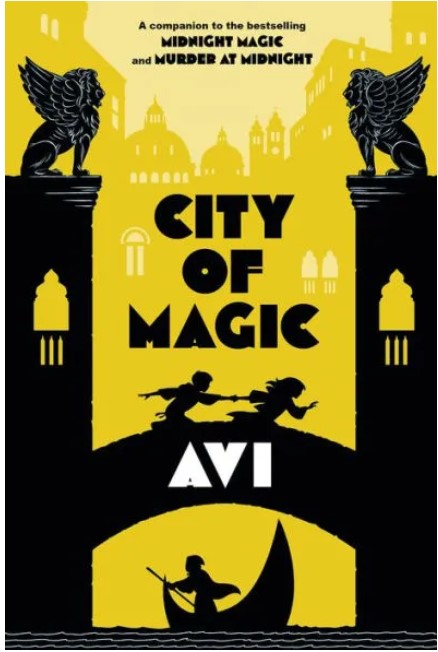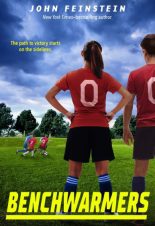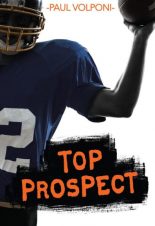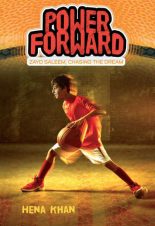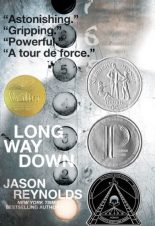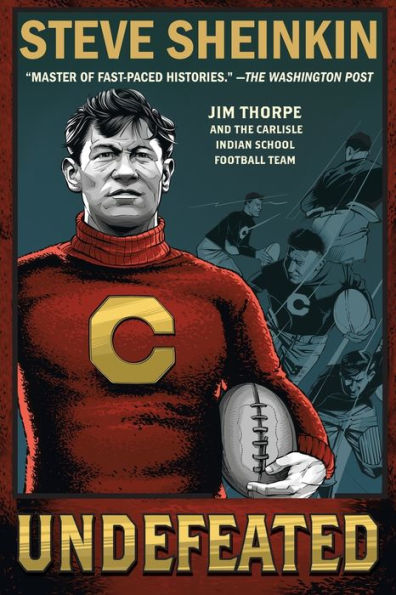
Buy This Book
"Our greatest glory consists not in never failing, but in rising every time we fall,” Frank Cayou. –Undefeated
Undefeated: Jim Thorpe and the Carlisle Indian School Football Team
by Steve Sheinkin
AR Test, Diverse Characters
10+
Score
6.8
288
In 1907, the Carlisle Indian School in Pennsylvania became one of the most innovative football teams in the United States. Lead by Ivy League graduate Pop Warner and star player Jim Thorpe, this team would go on to challenge the most prominent football teams of the day, including Harvard, the University of Pennsylvania, and Yale.
This narrative nonfiction story highlights the history of football and of the United States’ direct involvement in the mistreatment of Native Americans. The Carlisle Indian Industrial School was the first government-run boarding school meant to assimilate Native Americans into white society. The school opened after the Black Hills war and centuries of violent conflict. Native American children were taken from their homes to live in military-style schools, where they were not allowed to dress in traditional Native American clothing nor speak their native languages. This practice became standard in the U.S., effectively cutting children off from their parents and their cultures. This is the context that surrounded Jim Thorpe and the Carlisle Indian School football team. It is a history unknown by most and not widely discussed.
Undefeated weaves the history of football and the Carlisle Indian School Football Team into the United States’ treatment of indigenous people. Sheinkin masterfully presents history without holding back on the grim reality of boarding schools or the overwhelming obstacles Native American students faced both on and off the football field. Sheinkin effectively balances a creative narrative nonfiction style with more strait-laced historical aspects. These two facets create an engaging view of a lesser-known aspect of one of the United States’ favorite sports without sacrificing accuracy or becoming boring.
The football-heavy parts of this story delve into the danger the players faced before football was modernized. Sheinkin makes the game descriptions digestible even to those who don’t know football or the sport’s history well. Undefeated takes readers through the highs and lows of practices and games, giving readers the feeling of being there in real-time. Ultimately, Undefeated shows a love for football that is untarnished by time.
Undefeated is not a typical football story about the underdog team fighting for first place. The story is far more complicated and interesting, and it breathes life into its historical cast of characters. History rarely comes with clean-cut lessons, but Undefeated presents the need for perseverance when the going gets tough. The world that Jim Thorpe and his classmates from the Carlisle Indian School lived in was unfair to them, and their stories deserve recognition in American history. Their legacy lives on in one of America’s favorite pastimes and their influence upon football will carry forward for generations to come.
Sexual Content
- Jim Thorpe liked classmate Iva Miller and told her upon meeting her that, “‘You’re a cute little thing.’ Iva was not impressed.”
Violence
- Jim Thorpe attempts to try out for the football team, but Pop Warner sends him out to get tackled by the current varsity players. No one can touch Jim, though, because he’s incredibly agile and fast. Warner yells, “Hit him down so hard he doesn’t get up!”
- Football-related violence occurs throughout the book. One memorable line comes from the first official American football game in 1869. During the game, “One of the Rutgers men, George Large, took a blow to the head and came up woozy. He stayed in the game. For the rest of his life, Large would boast that he was the first man ever injured playing American football.”
- The football-related violence is heightened because early football had few real rules. In one description, “[The play] wasn’t over until the man with the ball quit moving. So while he squirmed and wriggled forward, more defenders piled on, and plays ended in massive, writhing mounds, inside of which guys would throw elbows and knees, scratch and bite, spit and choke, until the refs could untangle the heap.”
- When Jim was young, his father Hiram “strode into the river in his boots, grabbed [Jim], hauled him out to deep water, and dropped him in the current. Hiram then waded back to the bank and watched.” This was Hiram’s way of teaching Jim how to “man up.”
- Hiram carried “bullets in his belt.”
- The story discusses the historical treatment of Native Americans by the United States government, including the Indian Removal Act of 1830. For instance, “President Andrew Jackson explained the objective in bluntly racist language. Native Americans were surrounded by what Jackson called ‘a superior race.’” Describing the Trail of Tears, Sheinkin writes “an estimated four thousand people died of disease, cold, and starvation before the nightmare journey ended.”
- Of a town near Jim’s birthplace, one stagecoach driver said you could, “stay for half an hour and see a man killed.”
- Losing one of Jim Thorpe’s childhood games came with a price. Anyone who fell behind or lost had to endure the slapping machine. He describes it as, “This consisted of scampering on hands and knees between the legs of others in the game, assisted by a brisk paddling.”
- Jim hiked 23 miles home from school and Hiram “gave Jim a whipping” and took him straight back to school. This happens several times, as Jim tended to skip school and return home.
- A player from Georgia died during a football game. The player “hit the ground headfirst . . . The blood drained from his face. His eyes were open, his lips quivering. A doctor ran onto the field and diagnosed a fractured skull . . . he died the next morning.” Similar injuries and deaths are described in similar detail.
- Thorpe and two of his teammates were going to the baseball field when a large white man stepped in their path. The white man said, “When a white man approaches, you get off the sidewalk and get into the street.” In response, Thorpe punched the man in the face, and the trio “walked around [the white man’s] fallen body to the baseball field.” They then “spent that night in jail.”
- The Carlisle Indian School staff mistreated students, and the 1914 Congress investigated the claims. Students “came forward to testify about skimpy meals for non-athletes and cruel treatment, including beatings, by teachers.”
- Coach Pop Warner reported that “If a player was too good-natured or easygoing . . . the coach would tell one of his own mates to sock him in the jaw when he wasn’t looking and then blame it on the other team so as to make him mad.”
- As a child, Pop Warner stood up to his bullies. “One of the class bullies grabbed Pop’s hat, tossed it into a slushy puddle, and stomped on it . . . In a burst of rage, [Warner] pounced on the bully, knocked him down, and started pummeling him.”
Drugs and Alcohol
- Jim grew up near Keokuk Falls. The story was that “it was a place where even the pigs got drunk—a whiskey distillery near town dumped used corn mash behind the building, and hogs gorged on it and staggered down the dirt streets.”
- After a game in Chicago, “the [Carlisle] players collapsed onto couches at their hotel and lit up cigars.”
- Pop Warner smokes during practices with the Carlisle players.
- The Carlisle football players were allowed to drink at the local bars, which “weren’t supposed to serve Carlisle students, but exceptions were made for football players.”
- Jim Thorpe occasionally smokes cigars.
- After a game, “Thorpe and Welch sat together with glasses of beer.”
- Thorpe and his daughter Charlotte told stories one night “over drinks.”
Language
- Profanity is limited. Derogatory terms include “sissy” and “crippled.”
- Many derogatory names are referenced in quotes toward Native Americans. For instance, the founder of the Carlisle Indian Industrial School fought in land disputes against Native Americans on behalf of the U.S. He said, “I had concluded . . . that as an army officer I was there to deal with atrocious aborigines.” In another example, newspapers referred to the Carlisle football team wins as “scalpings” and “massacres.” This occurs somewhat often throughout the book.
- Pop Warner’s childhood nickname was Butter— “It was not a compliment . . . [His classmates] pelted his broad backside with beans shot through straws, and pebbles launched from slingshots.”
- When the first group of Native American students was brought to the Carlisle Indian School, “the townspeople waved their arms and made grunting sounds—mimicking their idea of Indian behavior.”
- Pop Warner had a colorful vocabulary and used it during some practices with the Carlisle players, who did not appreciate his rudeness. The book quotes Pop as saying such things as, “Play @#$& football!” and “What in the %&*# you think you’re doin’?” It does not use the actual swear words.
- At one point, Thorpe says to Pop “Aw, hell . . . what’s the use of going through ‘em when I can run around ‘em?”
Supernatural
- None
Spiritual Content
- None
by Alli Kestler
"Our greatest glory consists not in never failing, but in rising every time we fall,” Frank Cayou. –Undefeated
Latest Reviews

Hoop Genius: How a Desperate Teacher and a Rowdy Gym Class Invented Basketball

Our Violent Ends

Healer of the Water Monster
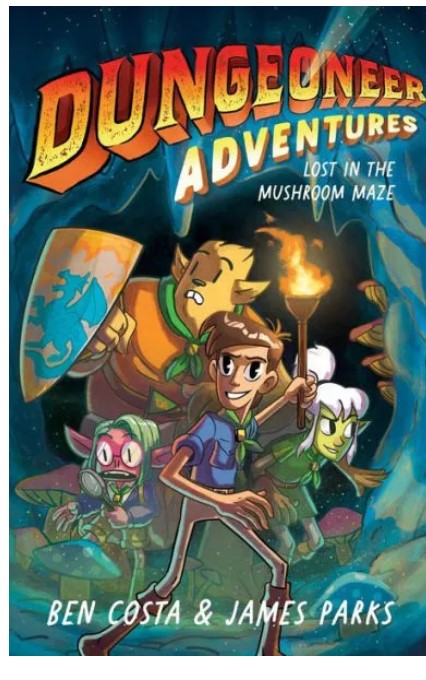
Lost in the Mushroom Maze
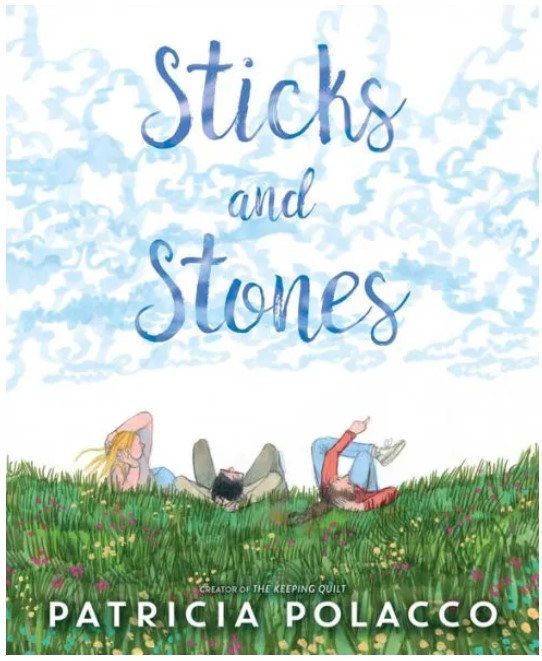
Sticks and Stones
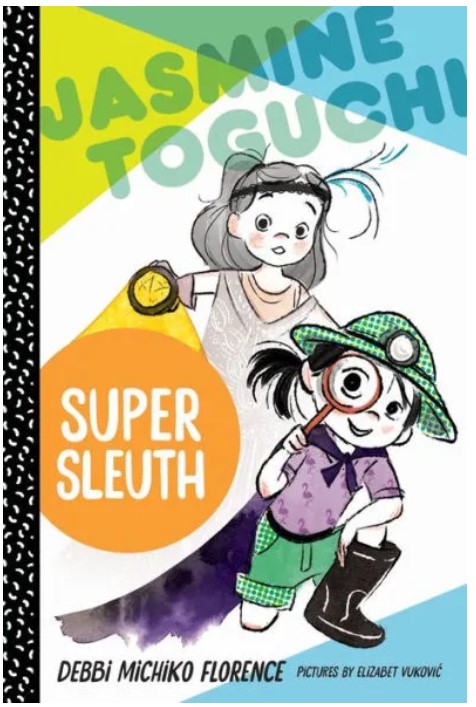
Jasmine Toguchi, Super Sleuth
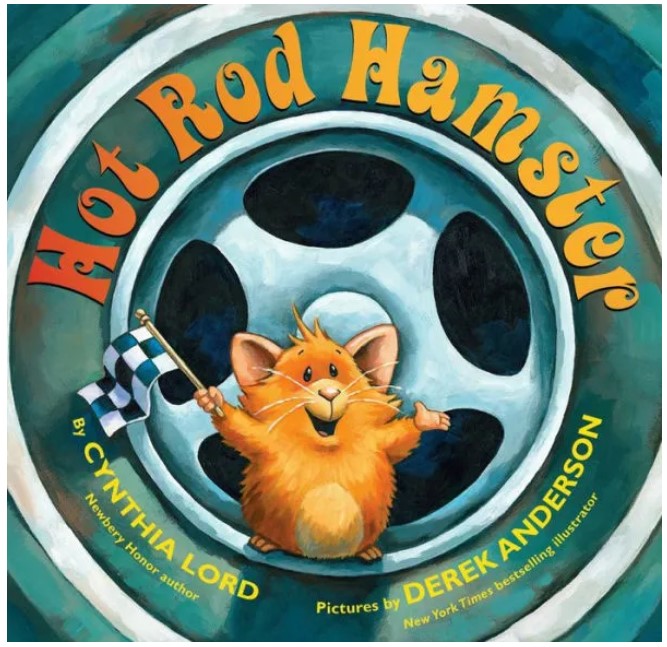
Hot Rod Hamster

You’ll Be the Death of Me
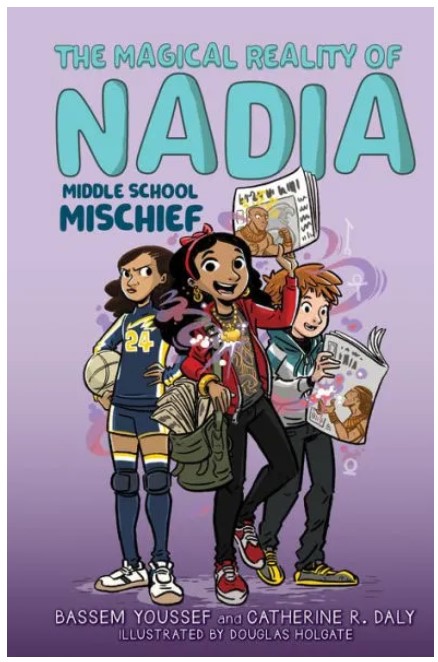
Middle School Mischief
